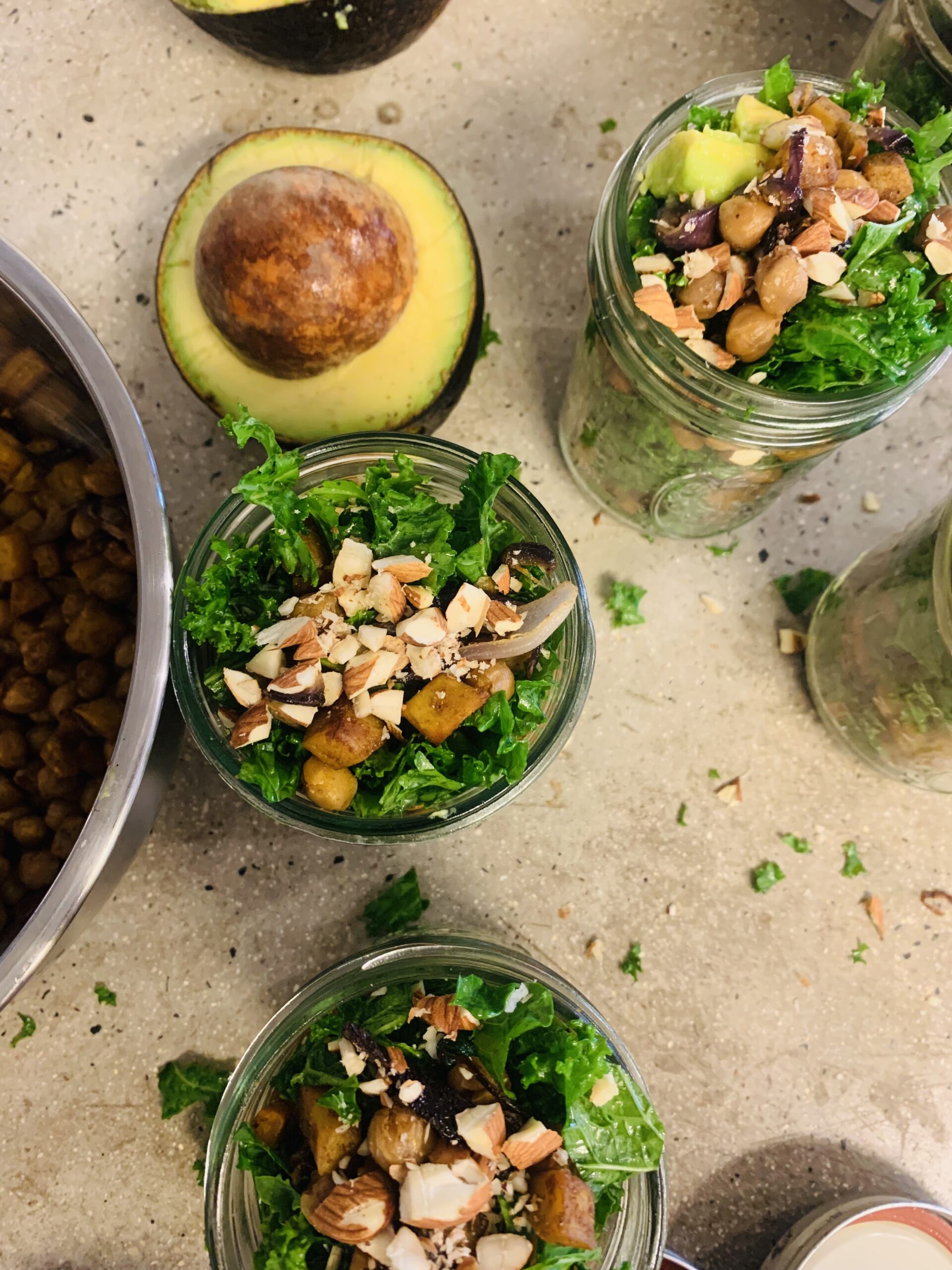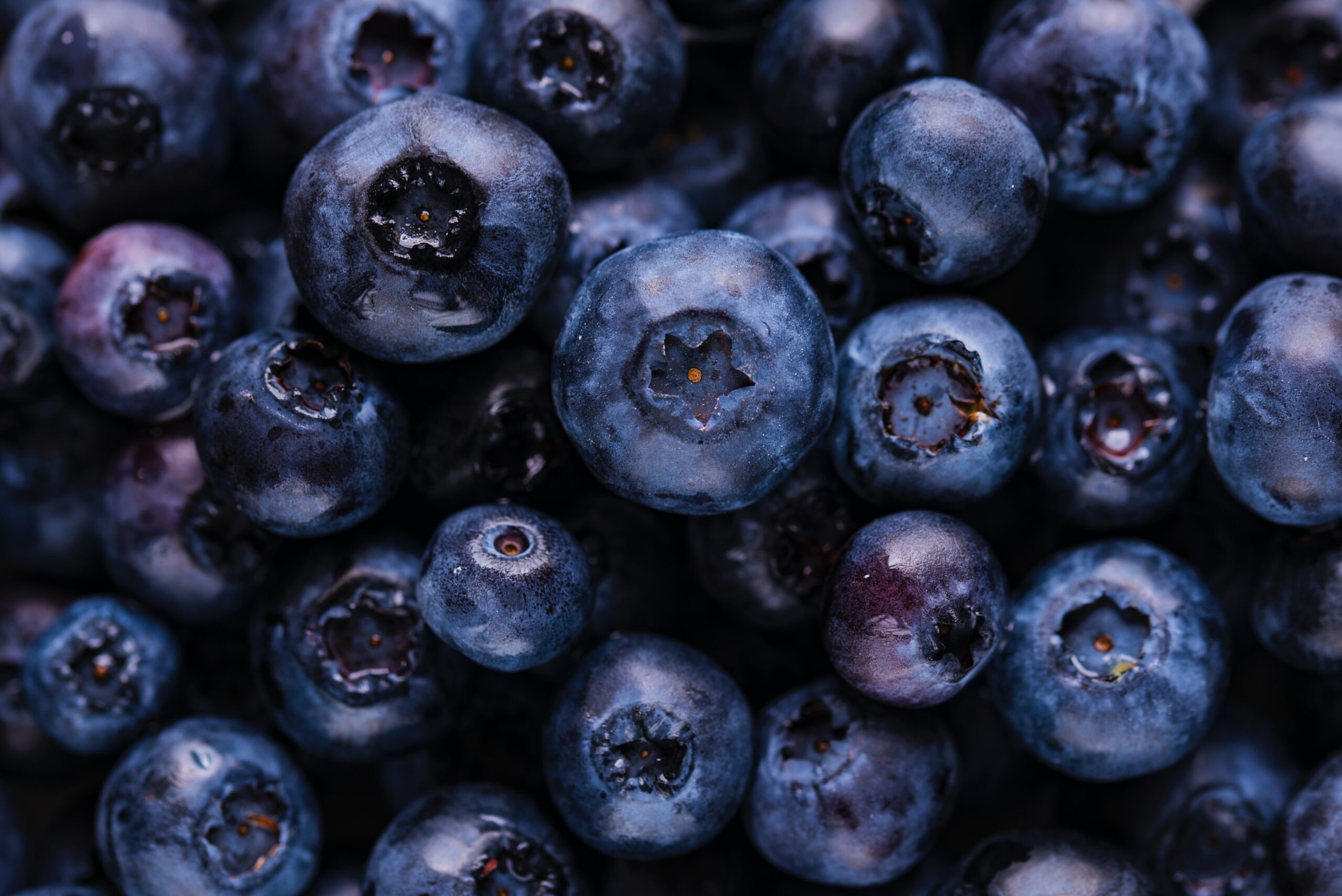“Detox” is a buzzword. Detox Juices, Salads, Smoothies, etc… But do we actually know what it means?
What is detoxification?
Detoxification is the body’s process of removing substances that may be harmful to our health. This includes natural byproducts of metabolism, such as carbon dioxide, uric acid, and ammonia, which can become toxic at high levels. Additionally, external toxins, including pollutants, pesticides, mold, microplastics, heavy metals, and other organic or inorganic compounds, can enter the body, sometimes triggering immune responses. These are examples of potential toxins that our body works to eliminate.
Our Detox Organs
The liver, intestines, lungs, skin, and kidneys all play essential roles in excreting waste and toxins from the body. Among these, I believe that the liver is often underappreciated.
The liver is your guy when it comes to metabolism. It processes nutrients from our food, converting them into energy or building blocks for our cells, and sorts out the substances that need to be eliminated via bile and feces. Sadly, our food system isn’t super clean, and let’s say that it relies too much on our liver’s ability to process it all.
Our intestines, in turn, must do their job properly as well and excrete instead of reabsorb what has been sent out for excretion.
The lungs are one of the first defense mechanisms a toxin encounters. Inhaled toxins are neutralized and excreted through respiration or urination.
Exercise and sweating may help in the elimination of certain heavy metals and environmental toxins like BPA (bisphenol A), underscoring the importance of physical activity and hydration for effective detoxification through the skin.
Finally, the kidneys filter our blood multiple times a day to remove waste and toxins via urine. Many tiny little vessels in our kidneys do it while keeping the electrolytes balanced. Electrolytes are essential minerals (sodium, potassium, magnesium) for maintaining proper cell fluid, from brain cells to big toe cells.
Supporting the Detox System
The detox organs require assistance to execute their job. In other words, they require nutrients that help them take care of the toxins to be safely excreted. There’s complex chemistry going on.
Unfortunately, we are constantly exposed to toxins we can’t see, smell, or taste. While we can work on reducing exposure, by choosing organic and clean foods, refusing plastic, limiting alcohol, breathing fresh air, avoiding smoking, and adopting habits that lessen the toxic load, we can also consume certain nutrients that are beneficial to the health of the detox organs. The goal is to not overwhelm these organs and assist them with their jobs for proper detoxification.
What are detox foods?
When you hear about detox foods, understand that the food itself isn’t going to remove toxins from the body. They will assist the detox organs in doing their jobs.
Cruciferous vegetables (broccoli, cabbage, brussels sprouts, cauliflower), antioxidants (grapes, blueberries, green tea, leafy greens), antiinflammatory foods (garlic, ginger) vitamin E containing foods (almonds, avocados), fatty fish high in omega 3’s, citrus (lemon, lime), and fiber-rich foods (carrots, oats) are examples of specific foods beneficial to the detox organs.
What you can do
While having a list can be a helpful reminder, I recommend sticking mostly to a plant-based and whole-food diet to provide all the nutrients you need. Think of variety, eat the rainbow, and go for good quality animal protein as an approach that will benefit the health of all the body systems, not only the detox organ.
I encourage everyone to see a diet full of fruits, vegetables, grains, seeds, and some ethically sourced animal protein as a privilege. It is literally what nature provides to keep us alive.



